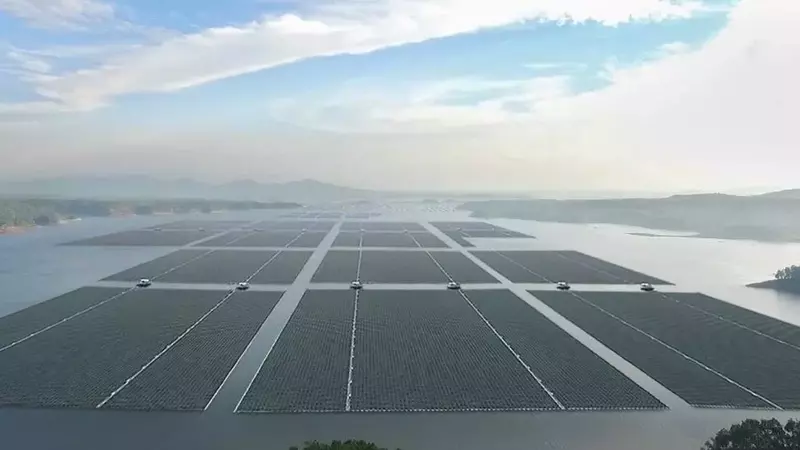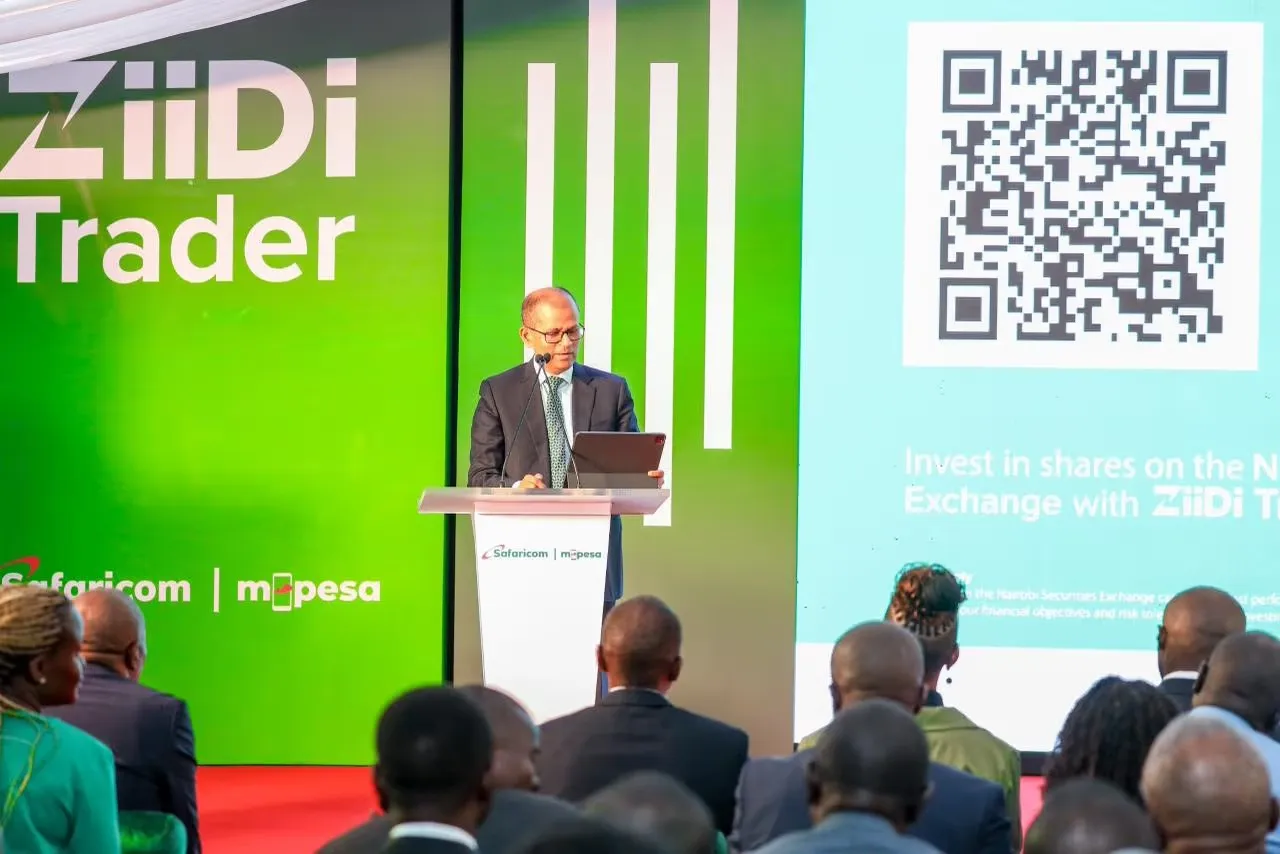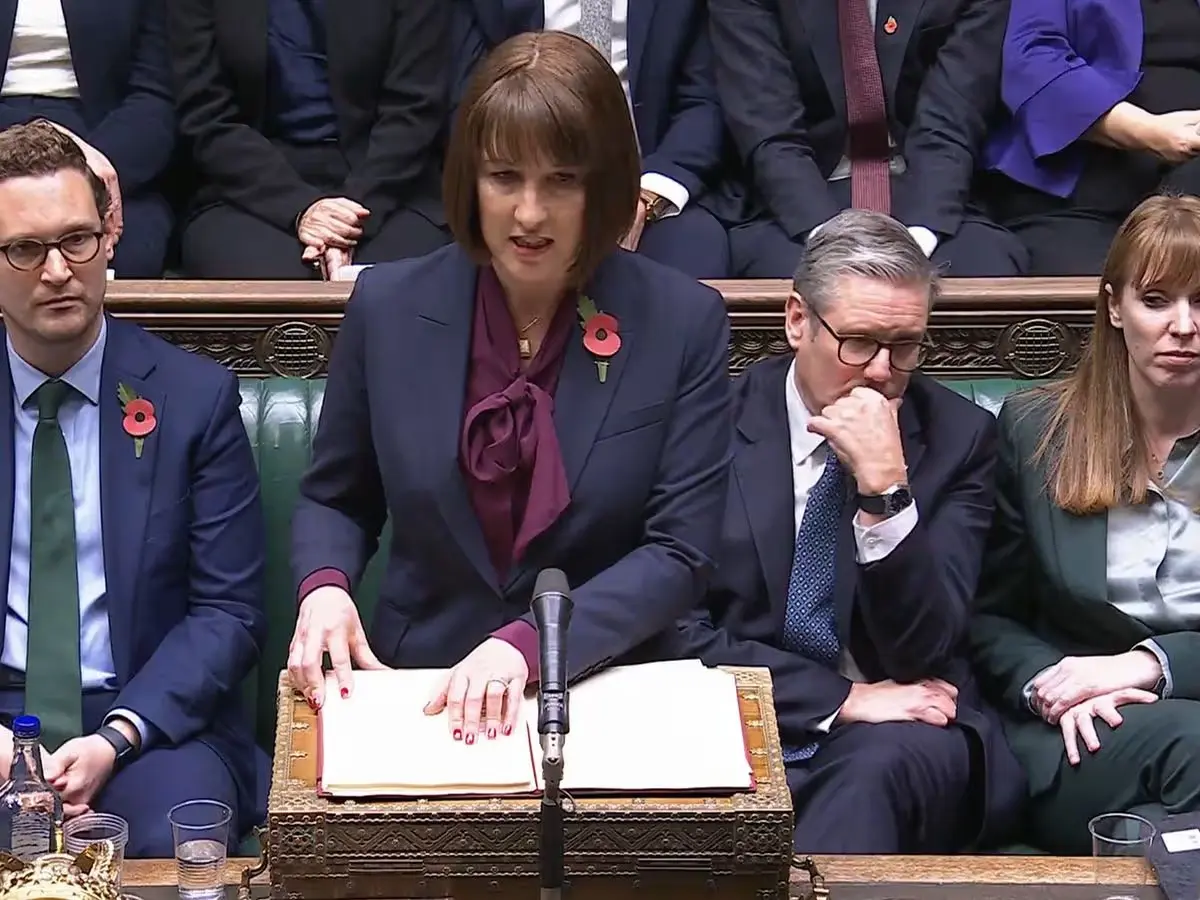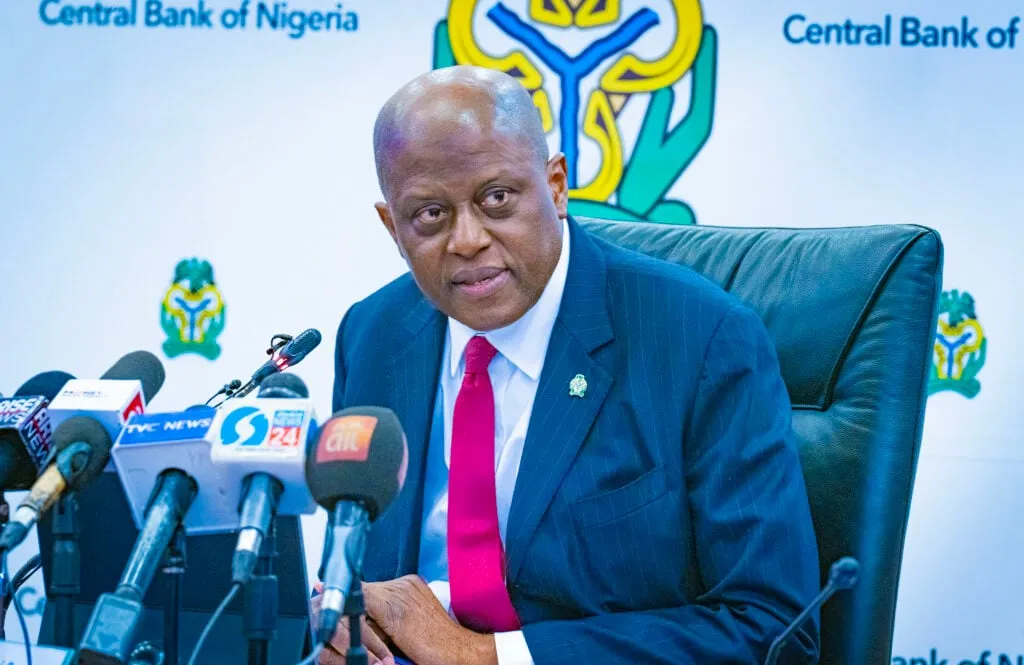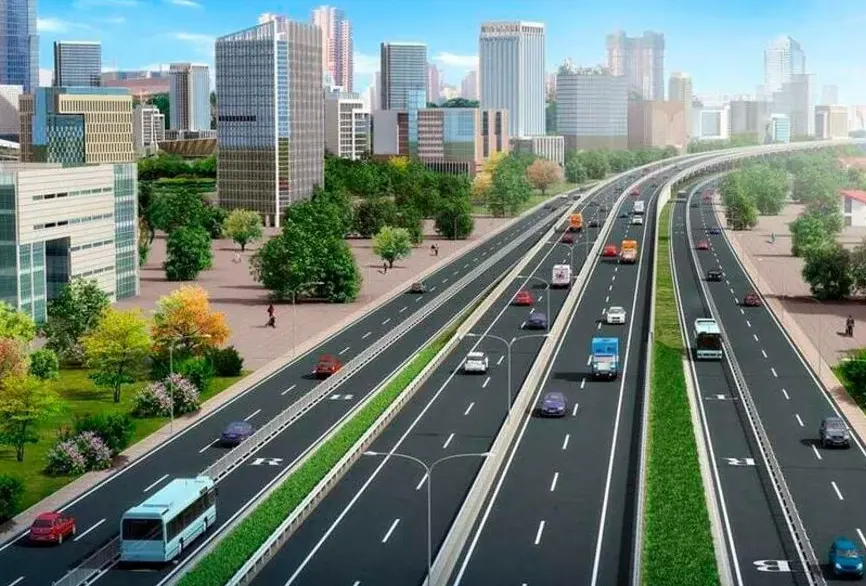In a powerful declaration of its commitment to accelerated development and sustainable growth, Indonesia has thrown open its doors to global investors, offering a staggering Rp 200 trillion (approximately $12.3 billion) in national infrastructure projects. The invitation, extended at the prestigious Indonesia Conference on Infrastructure 2025 held at the Jakarta International Convention Center, signals a strategic pivot by the Indonesian government: they aren’t just seeking capital, but rather long-term partners deeply invested in the nation’s profound transformation.
Coordinating Minister for Infrastructure and Regional Development, Agus Harimurti Yudhoyono, a figure synonymous with strategic foresight, underscored this sentiment during his opening address on Wednesday, June 11, 2025. “We welcome global investors not only for financial gain but as collaborators in driving Indonesia’s long-term transformation,” Minister Yudhoyono articulated, setting a tone of shared vision and mutual prosperity for the two-day event. This isn’t merely a transaction; it’s an invitation to partake in a grand nation-building endeavor.
The Vision Behind the Trillions: Building a Connected and Prosperous Indonesia
Indonesia, an archipelago nation comprising over 17,000 islands, faces the monumental, yet inspiring, challenge of connecting its diverse populace and unleashing its full economic potential. The country’s geographical complexity has historically presented significant hurdles in infrastructure development, leading to connectivity disparities, particularly in remote and eastern regions where the cost of deploying essential infrastructure can be prohibitively high. Yet, it is precisely this challenge that fuels the government’s ambitious drive.
Minister Yudhoyono’s vision transcends mere brick and mortar. He advocates for an integrated, fair, and uniform development across all regions of the sprawling archipelago. While Java, the economic and political heartland, has enjoyed advanced and interconnected infrastructure, many regions on other islands still grapple with significant developmental challenges. “Not all regions in Indonesia have been optimally developed. Java is much more advanced and interconnected, but regions on other islands still face significant challenges. Some are even left behind,” Minister Yudhoyono stated previously, highlighting the government’s determination to bridge these divides.
This infrastructure push is not just about enhancing physical connectivity; it’s fundamentally about human development. By improving roads, expanding access to clean energy, and modernizing waste management, the government aims to uplift communities, create millions of jobs, and stimulate economic activity that directly benefits ordinary Indonesians. Imagine a farmer in a remote village finally being able to transport their produce to market swiftly thanks to a new toll road, or a family enjoying consistent, affordable electricity from a local mini-hydro plant. These are the tangible, human impacts at the core of Indonesia’s infrastructure agenda.
Bridging the Gap: The $12.3 Billion Call to Action
The current offering encompasses a meticulously curated list of 46 projects across vital sectors: roads, housing, food security, and renewable energy. This diverse portfolio is designed to appeal to a wide spectrum of international investors, ranging from those specializing in large-scale transportation networks to experts in sustainable urban planning and green energy solutions.
Indonesia’s reliance on private sector involvement is not new. Public-Private Partnerships (PPPs) have proven to be a cornerstone of the nation’s infrastructure development strategy. Since 2010, these partnerships have successfully attracted an estimated USD 37 billion in private investment, enabling large-scale infrastructure projects without unduly burdening the state budget. PPP projects in Indonesia have also demonstrated impressive efficiency, reportedly completing 20-30% faster than traditional government-led initiatives, a crucial factor in a nation racing against time to modernize.
This aggressive pursuit of private investment is also a direct response to a significant challenge. As highlighted in recent reports, Indonesia faces an estimated $46 billion infrastructure funding gap through 2029. The total infrastructure funding requirement for the 2025-2029 National Medium-Term Development Plan (RPJMN) is projected at a staggering Rp 1,905.3 trillion. While the state budget (APBN) and regional budgets (APBD) can cover a substantial portion, a shortfall of Rp 753 trillion (39.5% of the total requirement) remains. This is where global investors become indispensable partners, as Minister Dody Hanggodo of the Public Works Ministry emphasized, calling for “creative financing methods, including increased investment,” to bridge this gap.
Forging Pathways: The Artery of Connectivity
A significant portion of the newly opened investment opportunities focuses on enhancing Indonesia’s critical transportation arteries, particularly through ambitious toll road projects. These are not merely strips of asphalt but vital veins for commerce, tourism, and national unity.
Toll Roads: More Than Just Asphalt
- Gilimanuk–Mengwi Toll Road (Rp 25.4 trillion): This ambitious 96.84-kilometer project aims to connect the western port of Gilimanuk with the central region of Mengwi in Bali. While it was recently excluded from the National Strategic Projects (PSN) list for 2025-2029, a decision influenced by ongoing routing and design reviews, Governor Wayan Koster has steadfastly reaffirmed the project’s continuation. The toll road is crucial for Bali, a global tourism magnet, as it will significantly ease chronic traffic congestion between its western and central parts. For tourists eager to explore Bali’s iconic temples like Tanah Lot or emerging surf hotspots like Medewi and Balian Beach, this road promises vastly reduced travel times. For local Balinese, it means more efficient transportation of goods and smoother daily commutes, directly impacting their livelihoods and quality of life. Its future now heavily relies on attracting 100% private funding, a testament to Indonesia’s commitment to leveraging private capital for public good.
- Pejagan–Cilacap Toll Road (Rp 27.59 trillion): This proposed toll road in Central Java is poised to unlock the economic potential of inland areas such as Wangon and Lumbir, traditionally hampered by limited accessibility. By improving inter-regional connectivity, it promises to streamline the distribution of goods and services, drastically cutting travel time and logistics costs. This efficiency gain is expected to invigorate local economies, leading to a surge in property values and flourishing retail sectors along the route. For local small and medium enterprises (SMEs), it opens new markets and reduces operational burdens, fostering growth and job creation. However, such large-scale projects are not without their human complexities. The land acquisition process often presents a dilemma, balancing state needs with residents’ rights. Ensuring fair compensation, providing adequate relocation support, and fostering genuine public participation throughout the planning process are critical for the project’s social success and to prevent any unintended marginalization of vulnerable populations.
- Sentul Selatan–Karawang Barat Toll Road (Rp 34.75 trillion): This project is designed to enhance connectivity within Indonesia’s industrial heartland, easing the notorious congestion around Jakarta and its satellite cities. It will serve as a crucial link, seamlessly integrating with existing major toll networks like the Jakarta-Cikampek and Jagorawi toll roads. For the countless commuters and logistics operations traversing this bustling corridor daily, this new route promises significant relief, reducing travel times and improving the flow of goods to and from manufacturing hubs. The integration of modern technologies, such as Single Lane Free Flow (SLFF) based on Radio Frequency Identification (RFID) technology for seamless toll payments, underscores Indonesia’s embrace of smart infrastructure solutions.
These toll road developments are set to catalyze broader economic benefits, from reducing logistics costs for businesses to stimulating new investment along their corridors, thereby creating a ripple effect of prosperity across the regions they serve.
Towards a Greener Horizon: Sustainable Energy and Waste Management
Indonesia’s infrastructure drive also places a strong emphasis on environmental sustainability and energy security, reflecting a global commitment to green development.
The Manggar Integrated Waste Processing Facility: Turning Trash into Treasure
The Manggar Integrated Waste Processing Facility (TPST) in Balikpapan, valued at $115.31 million, represents a critical step towards sustainable urban living. Balikpapan, a key gateway to Indonesia’s new capital city, Nusantara, faces a growing challenge with municipal waste, generating around 390.65 tons per day. While the existing Manggar landfill has a processing capacity of 420 tons per day, the new integrated facility aims to modernize waste management practices beyond traditional landfilling.
This project is pivotal for addressing environmental pollution and reducing greenhouse gas (GHG) emissions, particularly methane, often released from landfills. By adopting integrated processing methods, the facility can transform waste into valuable resources, potentially including energy from captured landfill gas. This not only cleans up the city but also contributes to Balikpapan’s broader environmental targets, aligning with regional policies like JAKSTRADA and RAD-GRK for emission reduction. For the residents of Balikpapan, this means cleaner air, improved public health, and a more livable urban environment, fostering a sense of pride in their city’s commitment to sustainability.
Powering Progress: Mini-Hydro and the Renewable Revolution
Indonesia’s future energy must be “secure and sustainable,” as Minister Yudhoyono stressed. With rapidly growing demand driven by the rise of electric vehicles, burgeoning industries, and pervasive digitalization, the nation must fortify its energy infrastructure with resilient and clean sources. The conference is actively seeking investment in several mini-hydro power plants:
- Tapin Dam: $5 million
- Leuwikeris Dam: $16 million
- Cipanas Dam: $4.81 million
- Karalloe Dam: $7.94 million
These relatively modest-sized projects collectively contribute to Indonesia’s ambitious renewable energy targets. The nation aims to increase the share of renewable energy to 35% of its total energy mix by 2034, with an even more aggressive potential of reaching 50% by 2030. Indonesia boasts an immense technical renewable energy potential exceeding 3,686 GW, with 333 GW identified as financially viable. While the utilization of this vast potential remains minimal, mini-hydro projects, particularly in regions like West Sumatra and North Sumatra, are crucial for diversifying the energy mix and providing localized, reliable power.
Investing in these projects is not just about financial returns; it’s about contributing to Indonesia’s transition away from fossil fuels, reducing carbon emissions, and ensuring a stable and clean energy supply for its citizens and industries. Challenges in the renewable sector, such as simplifying licensing processes and allocating dedicated land for projects, are being actively addressed by the government, signaling a strong commitment to facilitating green investments. For communities living near these dams, reliable electricity means better access to education, healthcare, and economic opportunities, directly enhancing their quality of life.
The Strategic Nexus: Conference as a Catalyst
The Indonesia Conference on Infrastructure 2025 serves as more than just a showcase; it’s a dynamic platform for engagement and partnership. Deputy Coordinating Minister for Basic Infrastructure, Rachmat Kaimuddin, described the event as a crucial “matchmaking” opportunity. “We’ve prepared a curated list of investment-ready projects worth around Rp 200 trillion. This list will be published on our official website, and we’re providing dedicated spaces for one-on-one discussions between project owners and interested investors,” Kaimuddin explained. This tailored approach aims to streamline the investment process and foster direct collaboration between project developers and potential financiers from both public and private sectors.
The conference agenda itself reflects a comprehensive understanding of Indonesia’s developmental priorities, structured around five major themes:
- Basic Urban Infrastructure: Addressing the foundational needs of growing cities.
- Connectivity Infrastructure: Enhancing transportation networks across the archipelago.
- Housing and Area Development: Creating livable and sustainable communities.
- Climate-Resilient Infrastructure: Building infrastructure that can withstand the impacts of climate change and contribute to environmental goals.
- Infrastructure Financing: Exploring innovative models to fund ambitious projects.
The choice of the Jakarta International Convention Center (JICC) as the venue further lends gravitas to the event. The JICC has a rich history of hosting significant national and international gatherings, including the 10th Non-Aligned Movement Conference in 1992 and multiple ASEAN and Asian-African Summits. This prestigious setting underscores the importance Indonesia places on attracting high-caliber global partners.
Investor Confidence: Why Indonesia is Ripe for Investment
Indonesia presents a compelling case for foreign direct investment (FDI), particularly in its infrastructure sector. The nation boasts a relatively young and growing demographic, a robust domestic market, a stable political environment, and abundant natural resources, all contributing to an attractive investment climate.
The government, under President Joko Widodo’s leadership, has consistently prioritized infrastructure investment and human capital development. Key reforms, such as the 2020 Omnibus Law on Job Creation (ratified in March 2023), have significantly streamlined business regulations and liberalized foreign investment by repealing the Negative Investment List (DNI) in 2021. This legislative overhaul aims to remove bureaucratic hurdles and create a more conducive environment for both domestic and international investors.
Officials frequently articulate Indonesia’s welcoming stance towards increased FDI, recognizing its vital role in job creation, economic growth, and the development of export-oriented manufacturing, mining refinery industries, and green investments. While challenges like navigating regulatory complexities and land acquisition issues for certain projects (as seen with the Pejagan-Cilacap toll road) still exist, the government’s proactive measures to address these concerns demonstrate a strong commitment to fostering an investor-friendly ecosystem. The consistent push for PPPs and innovative financing schemes further signals Indonesia’s determination to de-risk projects and make them more attractive to global capital.
The Human Equation: Infrastructure’s Ripple Effect on Society
Beyond the impressive financial figures and technical specifications, the true measure of Indonesia’s infrastructure ambition lies in its human impact. Each road, each power plant, each waste facility, is ultimately designed to improve the lives of its 280 million citizens.
The construction of these large-scale projects directly creates tens of thousands of jobs in engineering, construction, logistics, and related support services. Beyond the immediate construction phase, the improved connectivity and service provision stimulate broader economic activity, leading to indirect job creation in various sectors, from tourism to manufacturing and local services. For example, a new toll road can reduce travel time for goods, making local businesses more competitive and potentially leading to expansion and more employment opportunities in surrounding areas.
Moreover, better infrastructure translates into a tangible improvement in the quality of life. Access to clean, reliable electricity from mini-hydro plants powers homes, schools, and hospitals, fostering better education outcomes and healthcare services. Efficient waste management systems, like the Manggar TPST, mean cleaner cities, reduced pollution, and improved public health for urban dwellers. Enhanced road networks mean easier access to essential services, markets, and educational institutions, especially for communities in remote areas.
Minister Yudhoyono’s emphasis on “integrated, fair, and uniform” development also speaks to the critical importance of regional equity. By channeling investment into diverse regions, the government aims to reduce the long-standing disparities between Java and other islands, ensuring that the benefits of growth are shared more equitably across the archipelago. This approach seeks to empower local communities, giving them a greater stake in national development and ensuring that infrastructure projects are not just “top-down” mandates but contribute meaningfully to local aspirations and needs.
Looking Ahead: A Resilient Future, Built Together
The Indonesia Conference on Infrastructure 2025 is more than just an event; it’s a clear statement of intent. The Indonesian government is actively laying the groundwork for a future defined by robust connectivity, sustainable energy, efficient urban services, and equitable development. By inviting global investors not merely as financiers but as strategic collaborators, Indonesia is forging a path towards a more prosperous, connected, and resilient future.
The journey ahead, while ambitious, is underpinned by a clear vision and a commitment to overcoming challenges through innovation and partnership. As Indonesia continues its rapid economic ascent, its strategic investment in infrastructure, fueled by both domestic efforts and global collaboration, will undoubtedly be the bedrock upon which its long-term success and the improved well-being of its people are built. The call for collaboration echoes across the globe: Indonesia is building, and it invites the world to build with it.
Ready to take your career to the next level? Join our dynamic courses: ACCA, HESI A2, ATI TEAS 7 , HESI EXIT , NCLEX – RN and NCLEX – PN, Financial Literacy!🌟 Dive into a world of opportunities and empower yourself for success. Explore more at Serrari Ed and start your exciting journey today! ✨
photo source: Google
By: Montel Kamau
Serrari Financial Analyst
12th June, 2025
Article, Financial and News Disclaimer
The Value of a Financial Advisor
While this article offers valuable insights, it is essential to recognize that personal finance can be highly complex and unique to each individual. A financial advisor provides professional expertise and personalized guidance to help you make well-informed decisions tailored to your specific circumstances and goals.
Beyond offering knowledge, a financial advisor serves as a trusted partner to help you stay disciplined, avoid common pitfalls, and remain focused on your long-term objectives. Their perspective and experience can complement your own efforts, enhancing your financial well-being and ensuring a more confident approach to managing your finances.
Disclaimer: This article is for informational purposes only and does not constitute financial advice. Readers are encouraged to consult a licensed financial advisor to obtain guidance specific to their financial situation.
Article and News Disclaimer
The information provided on www.serrarigroup.com is for general informational purposes only. While we strive to keep the information up to date and accurate, we make no representations or warranties of any kind, express or implied, about the completeness, accuracy, reliability, suitability, or availability with respect to the website or the information, products, services, or related graphics contained on the website for any purpose. Any reliance you place on such information is therefore strictly at your own risk.
www.serrarigroup.com is not responsible for any errors or omissions, or for the results obtained from the use of this information. All information on the website is provided on an as-is basis, with no guarantee of completeness, accuracy, timeliness, or of the results obtained from the use of this information, and without warranty of any kind, express or implied, including but not limited to warranties of performance, merchantability, and fitness for a particular purpose.
In no event will www.serrarigroup.com be liable to you or anyone else for any decision made or action taken in reliance on the information provided on the website or for any consequential, special, or similar damages, even if advised of the possibility of such damages.
The articles, news, and information presented on www.serrarigroup.com reflect the opinions of the respective authors and contributors and do not necessarily represent the views of the website or its management. Any views or opinions expressed are solely those of the individual authors and do not represent the website's views or opinions as a whole.
The content on www.serrarigroup.com may include links to external websites, which are provided for convenience and informational purposes only. We have no control over the nature, content, and availability of those sites. The inclusion of any links does not necessarily imply a recommendation or endorsement of the views expressed within them.
Every effort is made to keep the website up and running smoothly. However, www.serrarigroup.com takes no responsibility for, and will not be liable for, the website being temporarily unavailable due to technical issues beyond our control.
Please note that laws, regulations, and information can change rapidly, and we advise you to conduct further research and seek professional advice when necessary.
By using www.serrarigroup.com, you agree to this disclaimer and its terms. If you do not agree with this disclaimer, please do not use the website.
www.serrarigroup.com, reserves the right to update, modify, or remove any part of this disclaimer without prior notice. It is your responsibility to review this disclaimer periodically for changes.
Serrari Group 2025












